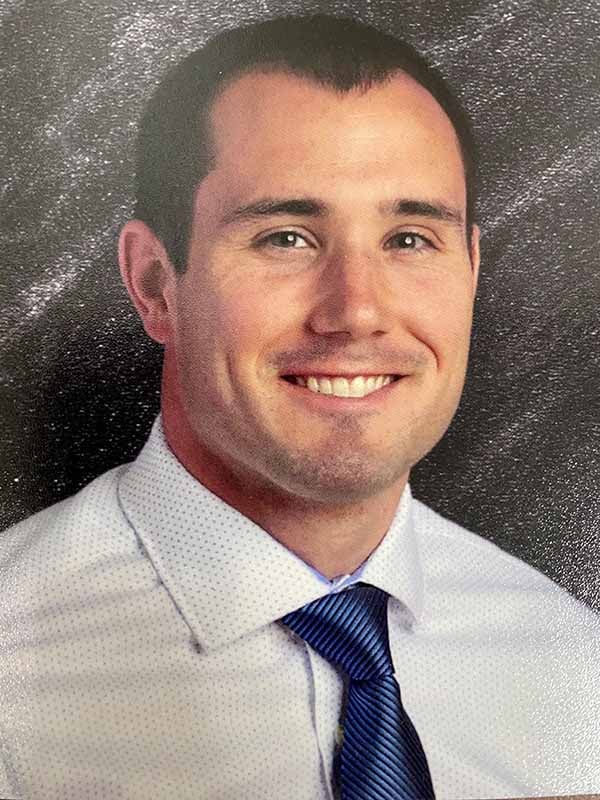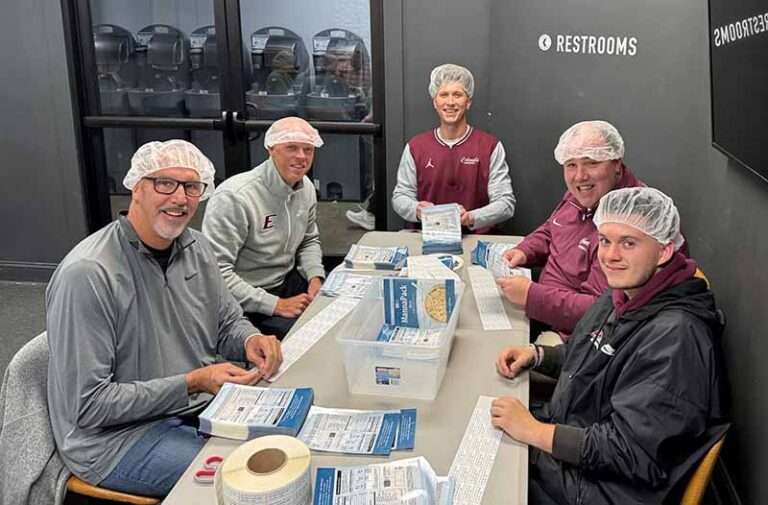As of October, more than two million women in the U.S. left the workforce, the majority having left to tend to their children’s online education. According to BLS data, 56 percent more women than men dropped out of the labor force between February and October. Another census study shows women ages 25-44 are nearly three times more likely than men to not be working due to COVID-19 childcare issues.
This staggering loss means America has the lowest level of women in the workforce since 1988. Women have come so far; it is devastating that in nine months we have wiped out decades of progress. In 1988, the most common occupation held by women was secretary. Today, women with young families are teachers, attorneys, doctors, business owners, and more. The pandemic could wipe out 25 years of gains in gender equality.

New global data from UN Women suggests this crisis is especially difficult for single mothers who are raising more than 15 million children in the U.S. If mothers are forced to quit work to take charge of their children’s at-home education, how will those families pay the bills? How many of those families face food insecurity?
The UN says the ripple effect of fewer women in the workforce “will be dire to not only women’s wellbeing but their economic progress and independence.” Remember, there is no guarantee that these job losses will be replaced in 2021. Many businesses may close or may fill their empty positions with new workers, leaving these mothers to face long-term unemployment.
As a working mother, I am troubled to see COVID-19 restrictions impacting women in a disproportionate way, not to mention the toll they are taking on our youth. Our children desperately need in-person learning and yearn for socialization. Our youth have never been as depressed, anxious, and afraid as they are today. Studies continue to point to younger and younger children bearing the weight of these heavy issues. The physical, emotional, and mental cost of these restrictions will be felt for years to come.
This fall, many of Kentucky’s public and private schools demonstrated they could safely and effectively teach our children in-person. The Governor’s recent executive order mandating a one-size-fits-all approach for all schools ignores these successes at a time when we could learn from their best practices. The CDC, Dr. Anthony Fauci, and the United Nations have all publicly called for schools to reopen. The next step in our recovery must be to reopen our schools in order to enable women to recover from these economic losses and restore educational opportunities for our children.
Allison Ball is the 38th State Treasurer for the Commonwealth of Kentucky. Ball is currently serving her second term.

















